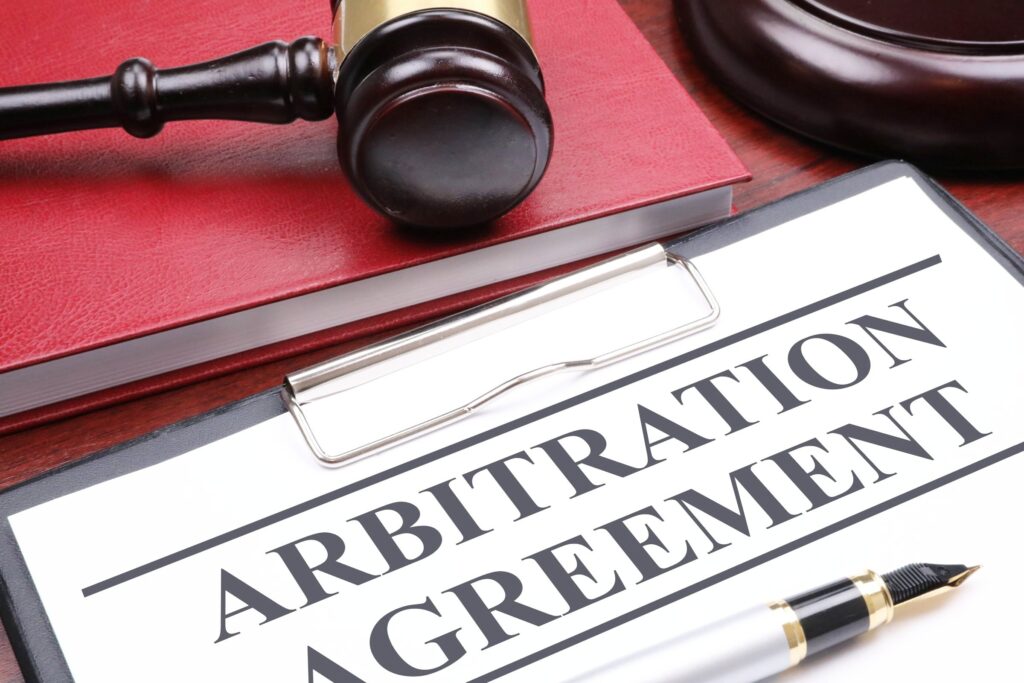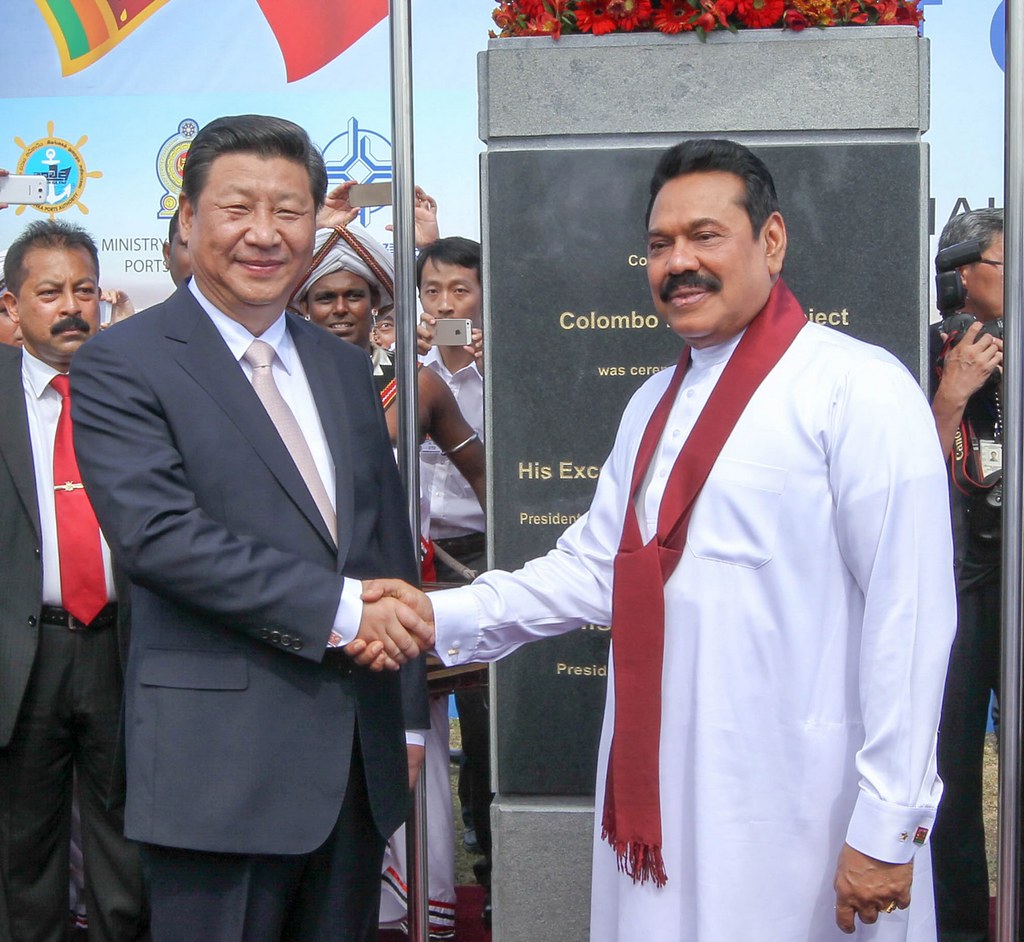Shahla Ali and Chinwe Alli

As the world economy continues to globalize, business transactions increasingly involve multiple countries and cultures. This development fostered an exchange of cultural thought, perceptions and beliefs, thus making individuals more aware of the areas where their culture converges with others and also areas where it differs. This phenomenon is present in all kinds of relationships and international arbitration is not an exception. In our article “Cultural Issues in International Arbitration”, we compare the cases of the Hong Kong Special Administrative Region and mainland China to address cultural differences in the conduct of international arbitration proceedings as well as some areas in international arbitration where there exists some form of convergence.
In the field of international arbitration, constant networking among major parties and players (this includes regulators, legal practitioners, disputants and arbitrators) from countries with diverse cultures and legal systems who are involved in the entire arbitration process has promoted the unification of legal procedures, thus leading to legal convergence. With the adoption of the 1985 UNCITRAL Model Law on International Commercial Arbitration (the “Model Law”), a suggested pattern for the conduct of arbitration proceedings is created. It was adopted (in full or in part) by lawmakers in 85 states out of 118, and incorporated into their domestic legislation on arbitration proceedings.
However, despite this level of legal convergence in international arbitration, there remain notable differences, largely relating to the cultures of the parties involved. The differences highlighted in this article between international arbitration conducted in Mainland China and Hong Kong Special Administrative Region (SAR) relate most strongly to the difference in legal traditions. Based on the principle of “one country two systems”, Hong Kong SAR operates a common law system modelled after the English common law, while Mainland China on the other hand mainly operates a civil law system. Differences include the presentation of witness testimony, as well as the involvement of arbitrators in the arbitral proceeding, among others.
With respect to the arbitrator’s involvement in the arbitral proceedings, we find that arbitrators in Mainland China tend to actively participate in the settlement of dispute, thus playing a dual role of mediator and arbitrator. This may be attributed to the Confucian culture of mediation that stresses social relations as well as the Chinese legal structure which recognizes and gives legal protection to such med-arb arbitral awards. On the contrary, arbitration conducted in Hong Kong SAR takes a more technical legal approach, stressing due process and neutrality, thus preserving the legal boundaries of arbitrators in arbitral proceedings.
We further find that arbitrators in Hong Kong SAR attach more importance to witness testimonies and cross-examination than their counterparts in mainland China who give priority to documentary evidence. This strong reliance on documentary evidence in arbitration has its roots in the legal culture of Mainland China, as Chinese courts attach significant importance to documentary evidence. In addition to the notion that relying on documentary evidence makes litigation faster, courts believe that testimonial evidence can be manipulated and has a likelihood of change when put to test. This litigation practice therefore influenced how evidence is obtained and evaluated in arbitration conducted in Mainland China.
We conclude by pointing out the significant role that culture plays in arbitral proceedings, especially in transnational arbitration which involves disputants, litigants, law makers and arbitration from two or more diverse jurisdictions. Hence, in order to have a smooth and effective arbitral process, it is necessary to further identify and study the areas of convergence and difference in various legal cultures across the globe.
Find a free version of the chapter here.
Shahla Ali is Professor of Law and Associate Dean at the University of Hong Kong Faculty of Law and Director of the LLM Program in Arbitration and Dispute Resolution. Her work centers on questions of governance, sustainable development and cross-border dispute resolution in the Asia Pacific region. She also serves as a bilingual arbitrator (English/Chinese) with CIETAC, HKIAC, KCAB and SIAC.
Chinwe Alli is the Project Manager for the global team of Jumia Group and also a mentee of the WIA program of the HKIAC. She is a Lawyer licensed to practice law as a Barrister and Solicitor in Nigeria and she holds a master’s degree in international law from Peking University. She is currently based in China and engages in global compliance, legal advisory, contract management, business development and international arbitration.


